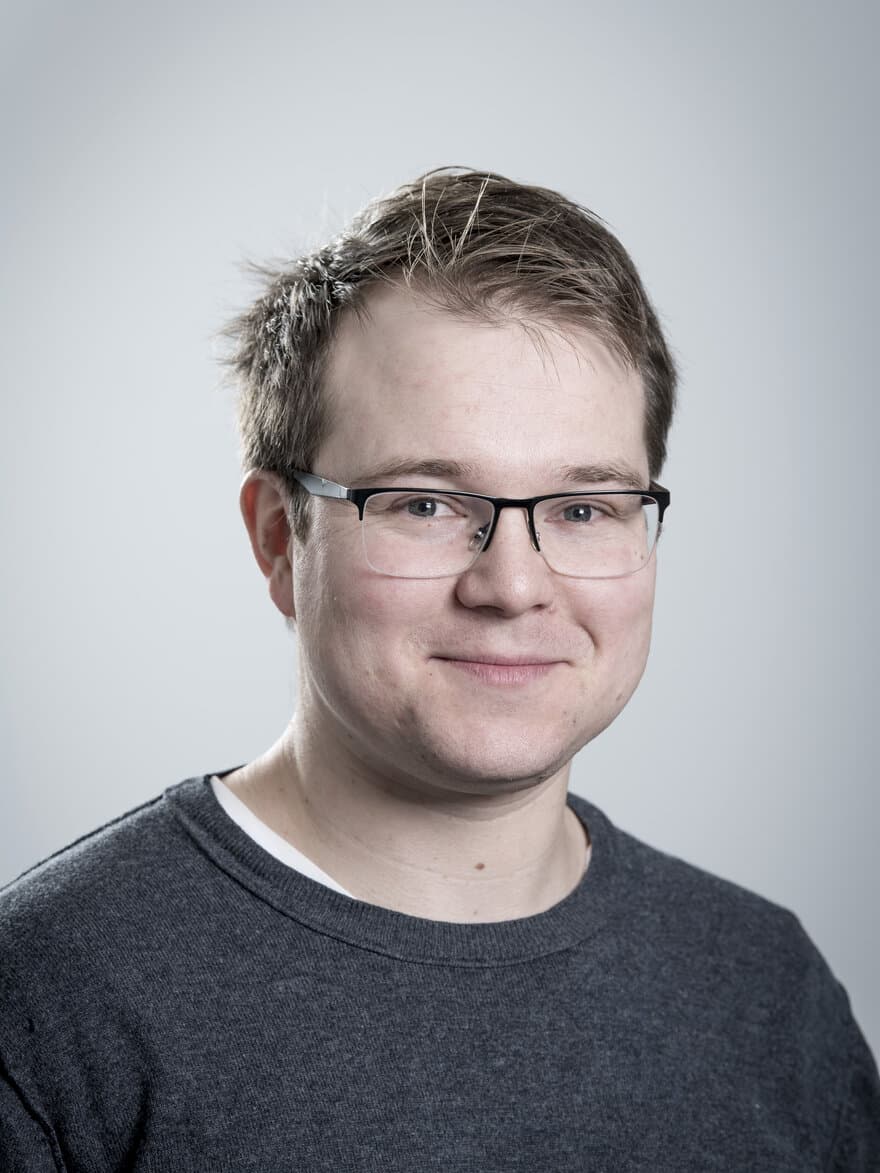
- Institutt for maskinteknikk og teknologiledelse
Kristian Berland received his Master of Science from the Norwegian University of Science and Technology (NTNU) in 2007, with a focus on theoretical physics. He then joined the condensed matter theory group of Prof. Per Hyldgaard at Chalmers University of Technology, where he received a Ph.D. in 2012. His doctoral and postdoctoral work at Chalmers included diverse topics such as surface physics, semiconductor heterostructures, and excited-state properties of organic nanomaterials. His main contribution was to the development of van der Waals density functional theory (vdW-DF), including the widely used vdW-DF-cx functional, known for its accuracy in predicting structural properties across a broad range of materials. More recently, he has contributed to vdW-DF3, enhancing accuracy for van der Waals layered systems.
In 2014, he joined Prof. Clas Persson’s materials theory group, working on thermoelectric materials through the THELMA project, with a focus on Heusler systems and the development of k·p-based band structure interpolation methods. He has also contributed to the modeling of dispersion interactions in material systems, including Casimir–Lifshitz forces formulated through dielectric-response theory, alongside DFT calculations using vdW-DF. Since 2018, he has been an associate professor at the Norwegian University of Life Sciences (NMBU), affiliated with the Department of Mechanical Engineering and Technology Management.
His current research centers on electronic structure and transport in complex materials, with applications ranging from thermoelectrics and semiconductors to molecular systems. He is involved in several collaborative projects, including the Allotherm project (SINTEF) on high-throughput, machine learning-driven screening of thermoelectric alloys, and the MORTY project (UiO), which combines electron energy loss spectroscopy (EELS) with modeling to understand local electronic excitations. He was also the PI of a Research Council project on novel ferroelectric molecular crystals (FOX).
Kristian Berland serves as head of the study program board for the Mechanical, Process, and Product Development (MPP) study program and teaches TBM200 Materials Science and Engineering.
Publikasjoner
Undervisning
Forskning og prosjekter
